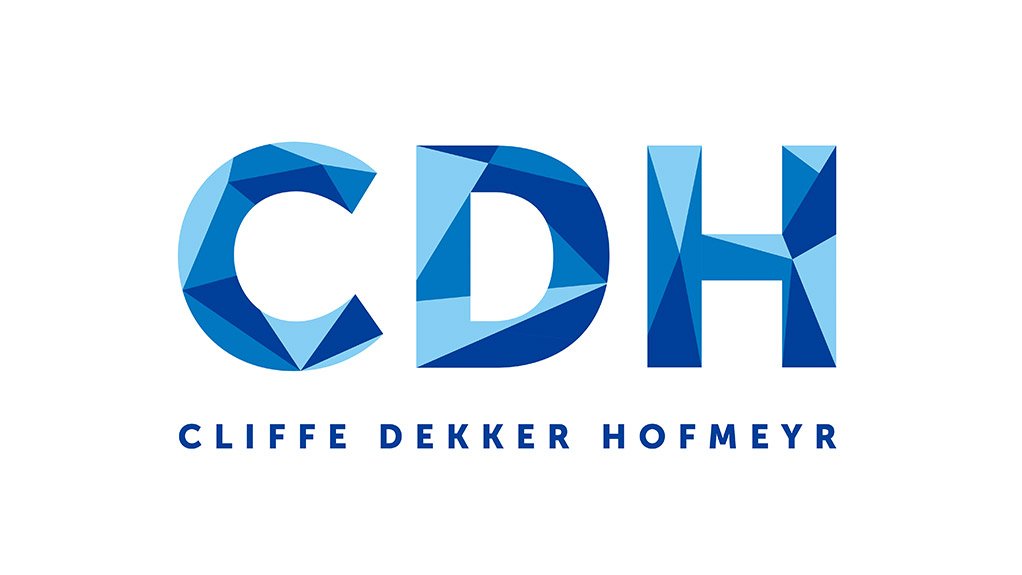In the case of First Rand Bank Limited v KJ Foods CC (in business rescue) (734/2015) [2015] ZA SCA 50 (26 April 2017), the main issue that the Supreme Court of Appeal (SCA) had to determine was whether the High Court of Pretoria (Court a quo) was correct in setting aside a vote by the appellant, FirstRand Bank Limited (FNB), against the adoption of a business rescue plan (plan) on the basis that it was reasonable and just to do so in terms of s153(7) of the Companies Act, No 71 of 2008 (Act).
FNB’s vote against the adoption of the plan had resulted in the rejection of the plan. Linked to the main issue, was the question of what the consequences for business rescue proceedings were, once the result of such a vote had been set aside.
The company in business rescue was KJ Foods CC (KJ Foods), whose main business was the production and supply of bread to the informal sector. KJ Foods was a customer of FNB for more than 20 years as FNB provided a finance loan to KJ Foods. FNB was a secured creditor and was owed an amount of approximately R 6,337,587.37. Consequently, FNB held a voting interest of 29.81%, while the remaining creditors held a voting interest of 70.19%.
For a plan to be adopted, the Act requires 75% of creditors in attendance at a meeting convened in terms of s151, to vote in favour of the plan. The vote is reckoned based on the value of each creditors voting interest.
After various amendments to the original plan, a revised plan was published which made provision for secured creditors to be paid in full in terms of the original finance agreements. Concurrent creditors would also be paid in full; however, if KJ Foods was liquidated, the secured creditors would still be paid in full while the concurrent creditors would only receive 51 cents in the rand.
FNB voted against the adoption of the plan and due to its vote, the plan could not be approved on a preliminary basis. The business rescue practitioners (practitioners) consequently advised that an application would be made to court in terms of s152(3)(a) of the Act to set aside the result of the vote on the grounds that it was inappropriate. Such application was later issued and during October 2014, the Court a quo ordered that the result of the vote be set aside “on the grounds that voting against the plan was inappropriate” and that the revised plan be adopted by the parties.
Before the hearing of the application, the practitioners were required to provide the SCA with information as to the implementation of the revised plan. Based on the practitioner’s information, the secured debt of FNB had diminished from R6,337,587.37 to R5,294,272.57 and the practitioners had kept up with payments in terms of the original finance agreements. Similarly, other creditors’ debts were also diminished - so much so that unsecured debts had been brought down from R18 million in November 2013 to approximately R8 million in July 2016. This illustrated to the SCA that the plan appeared to be viable and to the benefit of creditors.
FNB appealed to the SCA contending that the decision of the Court a quo to set aside its vote against the adoption of the plan was incorrect, arguing that the enquiry in relation to such question is two pronged: Firstly, it must be determined whether FNB’s vote was inappropriate and secondly, if so, whether it would be reasonable and just to set aside the result of the vote. For such contention, FNB relied on two High Court judgments namely Shoprite Checkers (Pty) Ltd v Berryprom Retailers CC 2015 JDR 0558 (GP) and Ex parte Bhidshi Investments CC 2015 JDR 2161 (GP). In contrast, KJ Foods submitted that s153 of the Act allowed the Court a quo a discretion which it exercised around the perimeters of what it considered to be “reasonable and just”.
For the majority judgment, Schoeman AJA held that in respect of an application to set aside a vote in terms of s153(1)(a)(ii) and s153(1)(b)(i)(bb), a court is instructed by s153(7) to determine only whether it is reasonable and just to set aside the particular vote, taking into account the factors set out in s153(7)(a) to (c) and all circumstances relevant to the case including the purpose of business rescue. Stated differently, the vote would be set aside on application on the grounds that its result was inappropriate, if it is reasonable and just to so do in terms of s153(7) of the Act. This would entail a single enquiry and value judgement after consideration of all the facts and circumstances including the interests of FNB, the employees of KJ Foods and other creditors. As a consequence, the majority held that, once the result of the vote is set aside, the plan is adopted by operation of law.
Written by Julian Jones, Roxanne Wellcome and Nabeela Edris, Cliffe Dekker Hofmeyr
The information and material published on this website is provided for general purposes only and does not constitute legal advice.
EMAIL THIS ARTICLE SAVE THIS ARTICLE ARTICLE ENQUIRY
To subscribe email subscriptions@creamermedia.co.za or click here
To advertise email advertising@creamermedia.co.za or click here











